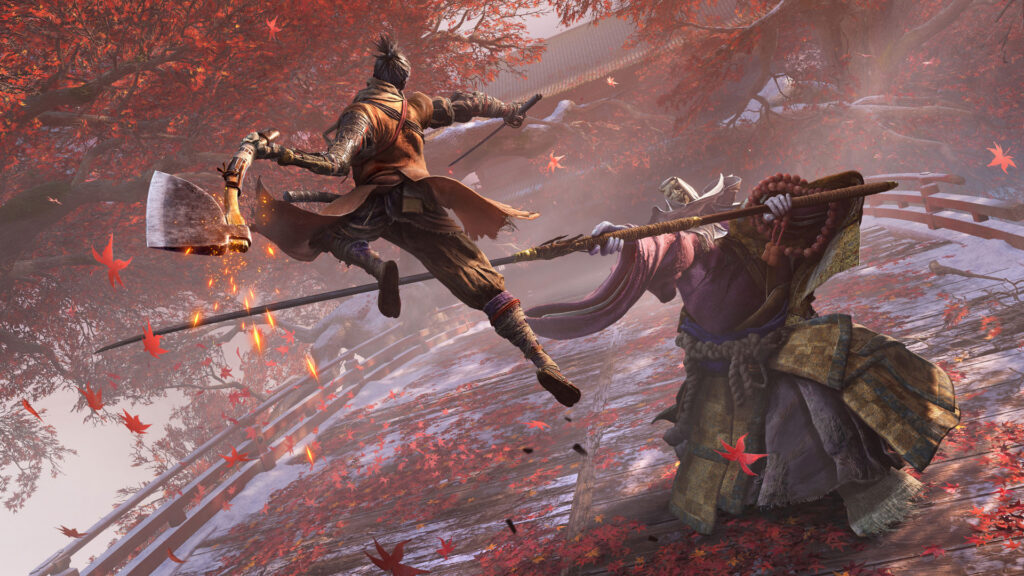From arcade machines designed to kill players and take over rooms to the transition to consoles in the 1980s, video games have always had a strange history of balancing fun and challenge. This was especially true when From Software released the Dark Souls trilogy and Bloodborne, proving that there was still a demand for hard difficulty in video games.
Since then, the video game space has evolved and gaming has become more accessible. While these are all iconic games today, some of the most popular games of the 2010s were also some of the easiest, so they were still in a niche spot at the time of their release. This trend is never a bad thing, but it makes 2019 Game of the Year winner Sekiro: Shadows Die Twice especially interesting.
Sekiro: Shadows Die Twice, released on March 22, 2019, is a Japanese action-adventure Souls-like game developed by FromSoftware Inc. and published by Activision. The game tells the story of Wolf (Noshir Dalal), a ninja warrior seeking revenge on the samurai clan that imprisoned him and kidnapped his master Kuro (Amber Hood).
It was the first From Software game to win an award at the annual Game Awards presentation. This comes after the release of some of the most famous games of all time, such as the Dark Souls trilogy and Bloodborne. For Sekiro: Shadows Die Twice to finally push From Software into the mainstream, it must have accomplished something pretty significant.
Legacy of the Dragon:
First of all, the setting of “Sekiro: Shadows Die Twice” is different from other games, as it incorporates the dark fantasy elements of FromSoftware's previous games, but combines them with Japanese history from the Sengoku period. It is combined with Buddhist mythology.
This creates an environment that combines a warts-and-warts castle with scarred samurai warriors and a fantastical village populated by mythical creatures. Sekiro: Shadows Die Twice still has the same oppressive, dark atmosphere as From Software's other games, but there's also a lot of beauty and life that makes for interesting locations and situations in which the story takes place. ” around it. “
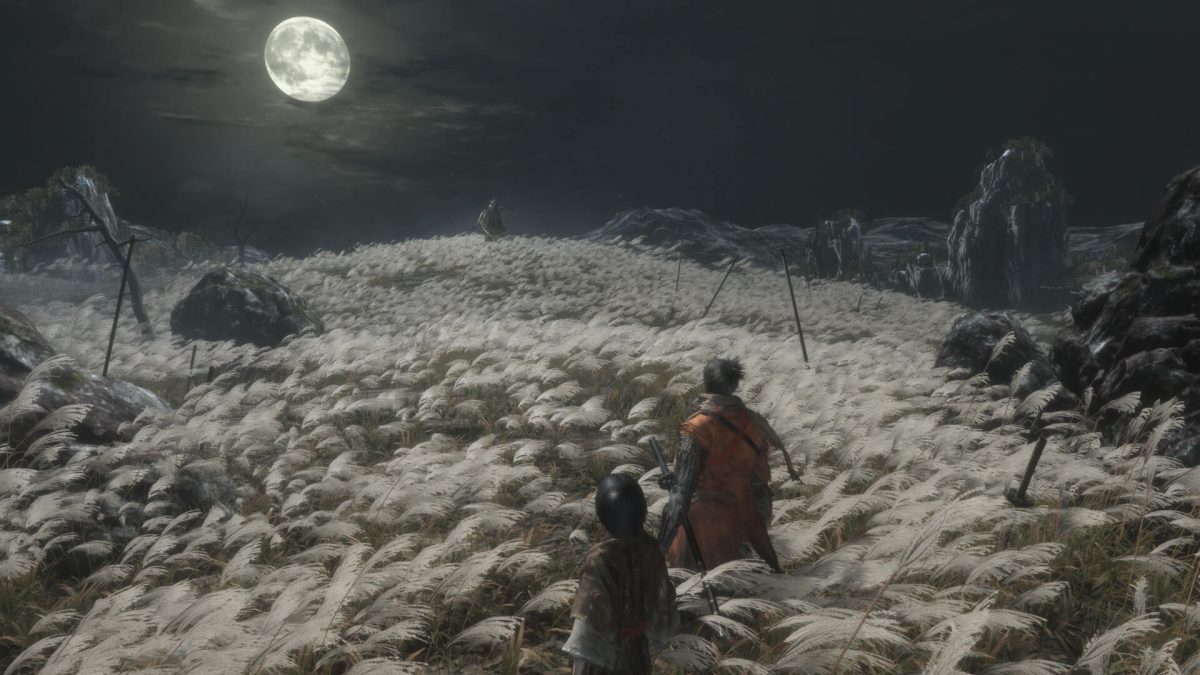
The story isn't anything special to write home about, but it's still deep, and FromSoftware breaks away from its typical abstract storytelling approach with this game.
Wolf, as a protagonist, represents the evolution of empathy. At the start of the game, he's a very jaded character. As the game progresses, he begins to open up and show more compassion towards himself and those around him. This growth begins with an interaction with the Sculptor (Brian Cummings), a former shinobi warrior who fits Wolf with his new arm and new perspective on morality.
This theme continues with other characters in the game. Kuro, Lady Emma (Stephanie Hsieh), and Issin (Andre Sogrizzo) reflect on mortality throughout the game, offering thoughtful insights into their thoughts on immortality and mortality.
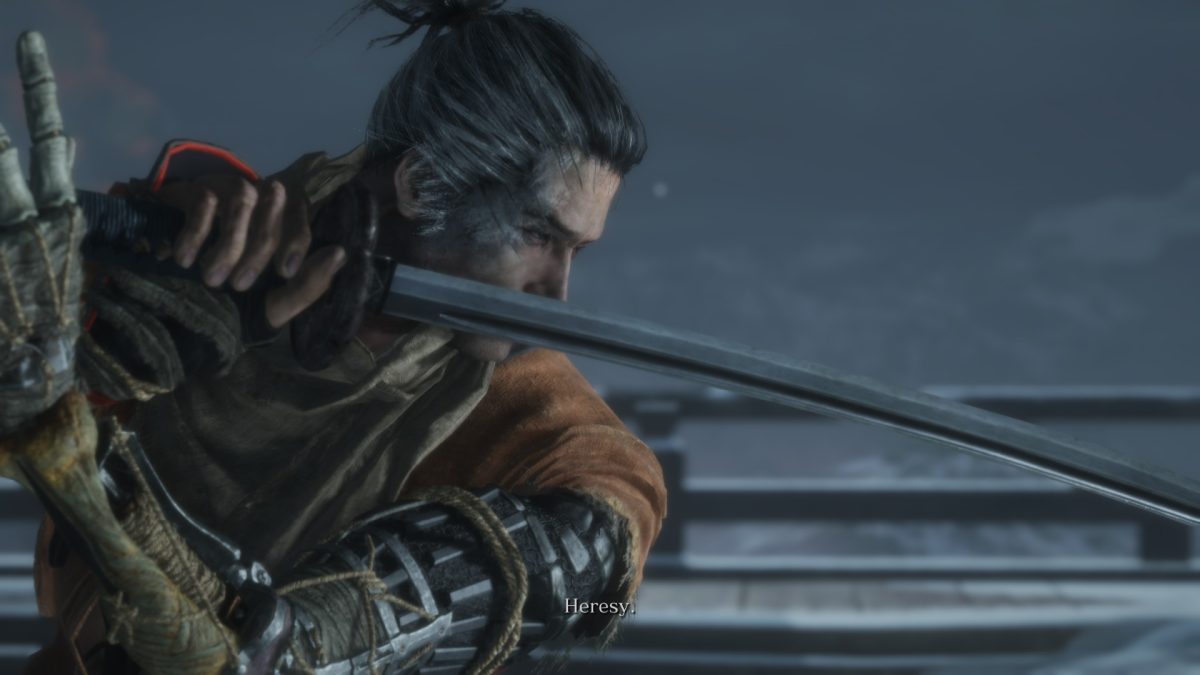
Sekiro: Shadows Die Twice's story doesn't have the epic, mind-boggling story of Dark Souls or Bloodborne, but it's more grounded and easy to understand, which gives players The sense of immersion will increase. That being said, the main reason I recommend this game and love it so much is its gameplay.
Hesitation is defeat:
Sekiro: Shadows Die Twice takes a different approach to gameplay than Dark Souls.
Compared to Dark Souls' wide range of weapons, armor, spells, and consumables, Sekiro: Shadows Die Twice has one weapon, a grappling hook, eight tools, and over a dozen consumables. The game benefits from this more focused experience, as it leads to a specific playstyle.
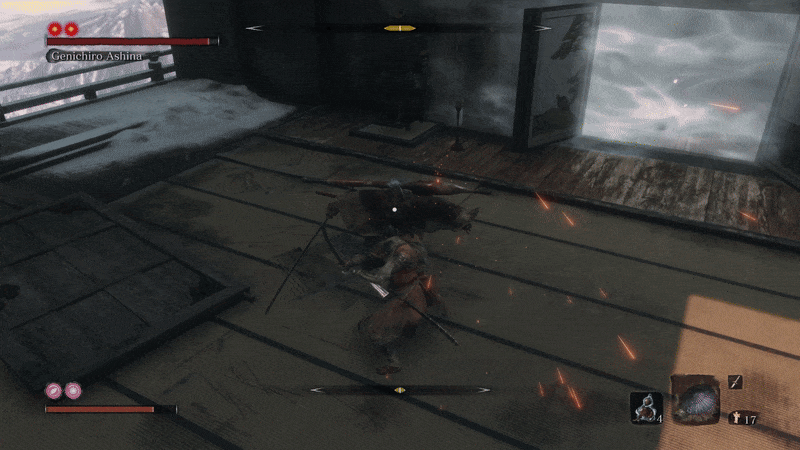
There are two main ways to play this game. Players can sneak up on enemies and take them out silently, or rush forward and clash blades with as many enemies as possible. The game gives players flexibility in how they approach each battle. Stealth and combat work together seamlessly, leading to multiple high-tension situations.
I especially love the melee combat in this game, which revolves around attacking and parrying enemies. Each enemy has a posture bar that the player can destroy, leading to instant death. The challenge is that players must continue to fight to break this attitude. If left alone, it will gradually recover, so players must actively fight.
This is especially true when you consider boss battles. Each boss fight has its own mechanics with strengths and weaknesses that players must learn on the fly. These fights are all highlights of the game, as they are created with specific playstyles in mind, allowing for tough but fair over-the-top battles.
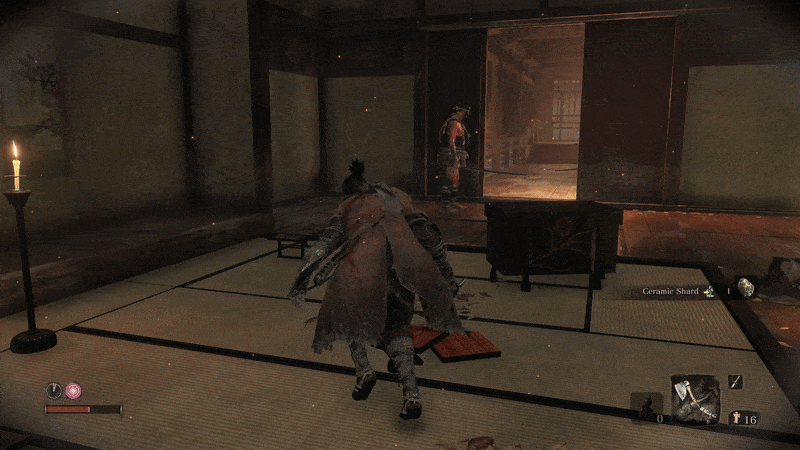
No matter how difficult the game gets, players will have the tools to take on any challenge. Through leveling tools and learning skills, players grow alongside Wolf and through determination become an unstoppable shinobi by the end of the game.
Isshin cleverly explains early in the battle that “hesitating is defeat.”
Conclusion:
So many games struggle to find the right balance when considering difficulty. This is especially true of FromSoftware's other games.
Demon Souls, the Dark Souls trilogy, Bloodborne, and Elden Ring are great games that deserve all the praise they've received over the years. However, each of these games suffers from certain segments such as level design, enemy design, and boss design being unreasonably difficult. These are usually overlooked by developers and feel like serious difficulty spikes that lead to a poor experience.
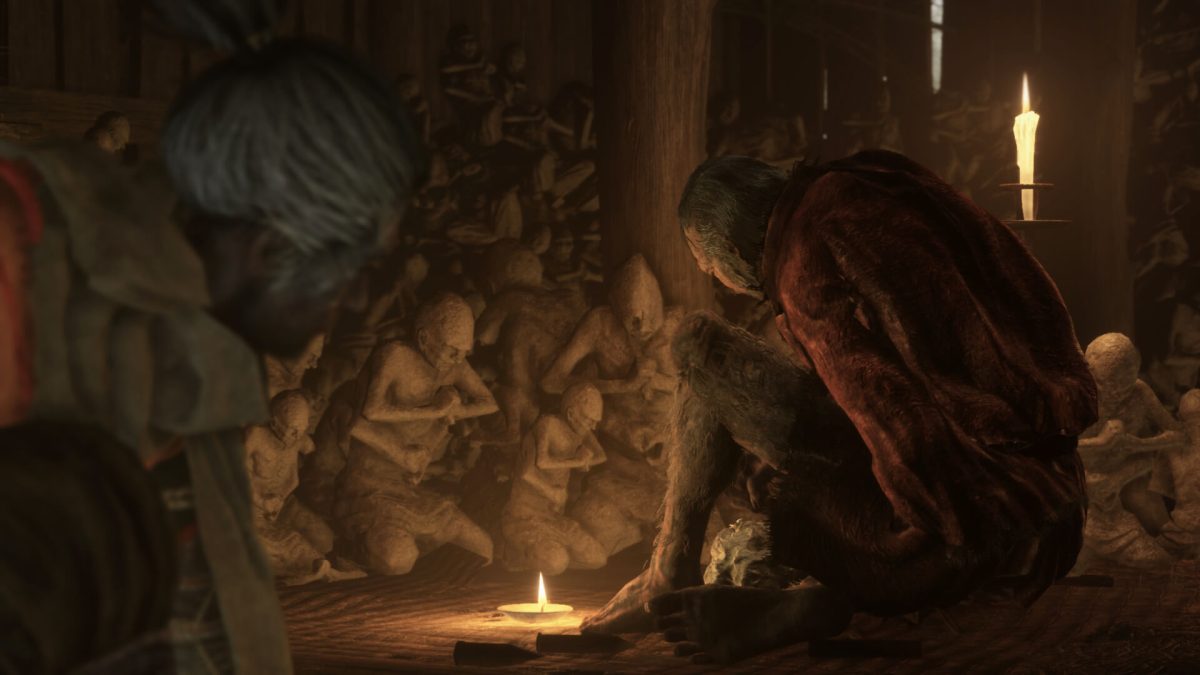
You will not encounter this problem in Sekiro: Shadows Die Twice. While this aspect of the game may seem annoying, there are easily accessible tools not found in other games that players can use to alleviate these issues.
The game feels as if FromSoftware has learned from its past mistakes and crafted an experience that is satisfying to play and offers just the right amount of challenge without feeling unfair. The game emphasizes precision and skill so that players feel like they are constantly progressing and improving.
The game may not have the same flexibility as Dark Souls in the role-playing genre, but Sekiro: Shadows Die Twice is a great twist on the genre and one of the best action-adventures around. It is independent as one. Video games released over the past decade have set new standards for video game challenges.


